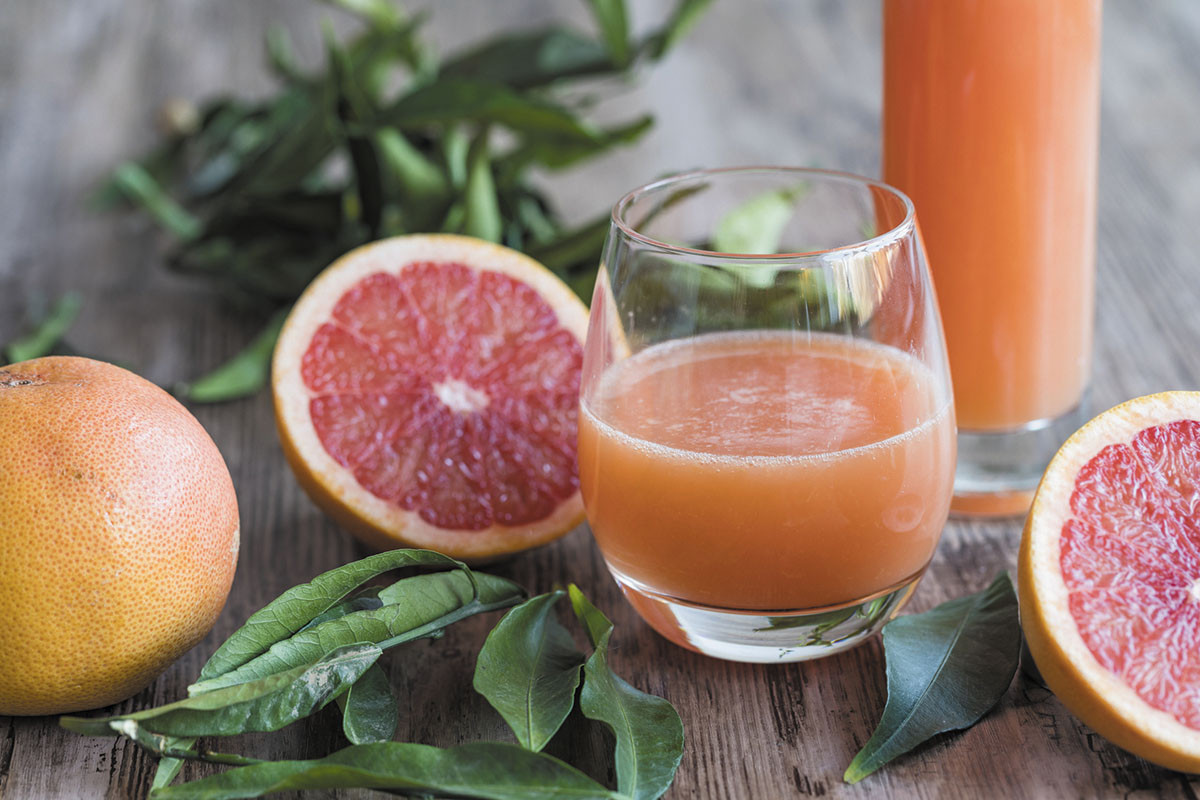Recent Articles

Foot pain: A look at why your feet might hurt

Matcha: A look at possible health benefits

Wildfires: How to cope when smoke affects air quality and health

Forearm workouts: Strengthening grip for everyday function

Depression symptoms: Recognizing common and lesser-known symptoms

Medication side effects: What are your options?

Independent living with home care assistance: Balancing autonomy and support

Dialysis: What to expect from this life-changing — and lifesaving — treatment

The BEEP program: Keep your balance

Hoarding: What to know about this mental health disorder
Heart Health Archive
Articles
Weight-loss diets that keep your heart happy
People should be cautious about weight-loss diets that restrict a specific category of food (such as carbohydrates, fats, or even animal products) without focusing on the overall quality of the foods. Diets with lots of ultra-processed foods or red meat may contribute to poor heart health. But people can lose weight on less-extreme versions of either low-carb or low-fat diets, as long as they focus mostly on unprocessed or minimally processed foods.
Rising alcohol intake linked to higher risk of atrial fibrillation
People who increase their drinking in later midlife—consuming 21 or more drinks per week—may raise their risk of atrial fibrillation compared with those who maintain low to moderate alcohol intake.
Symptom-free dips in blood pressure may precede unexplained falls
Many older people with orthostatic hypotension (a sharp drop in blood pressure upon standing) have no related symptoms such as dizziness or lightheadedness. But they may face an elevated risk of unexplained falls.
Raising awareness about aortic disease
New guidelines about aortic disease highlight the risks and screening recommendations for these uncommon but life-threatening conditions, which include abdominal and thoracic aortic aneurysms. Cigarette smoking and high blood pressure can heighten the risk of aortic disease, as can genes and certain other medical conditions, which can weaken the wall of the aorta. As a result, the aortic wall may tear (aortic dissection) or bulge outward (aortic aneurysm) and possibly rupture.
Heart medication interactions
Certain drugs, supplements, or foods can interact with common heart medications. Known as drug-drug or drug-nutrient interactions, these can occur at any point of the drug’s "life cycle:" absorption, metabolism, or excretion. When a drug or other substance alters the absorption or metabolism of another drug, this may reduce or increase its effects. For example, grapefruit juice can elevate blood levels of certain statins and potentially increase the risk of side effects.
Short walks every half-hour may offset harms of too much sitting
Breaking up long periods of sitting with a short walk every half-hour may have health benefits. Walking even as little as one minute per hour may lower blood pressure, but a notable drop in blood sugar may require a five-minute walk every 30 minutes.
Gene editing: A one-time fix for dangerously high cholesterol?
A gene editing technique that permanently shuts down a cholesterol-raising protein called PCSK9 is being tested in heart attack survivors with an inherited form of high cholesterol. The one-time infusion contains tiny particles that contain the editing tools, which travel through the blood to the liver and changes the cells that produce the protein. If early data show the treatment to be safe and effective, the therapy potentially could be used in people who have "garden variety" high cholesterol.
Move of the month: Standing side leg raise
A standing side leg raise helps strengthen muscles in the outer thighs, hips, and backside, which can improve the range of motion in the hips and improve stability.
Should I get a calcium score?
A coronary artery calcium scan (often called a calcium scan) uses a special type of CT scan to look for calcium deposits in the lining of the heart's arteries. The results can help people decide whether to start taking a statin.
Reaping the rewards of running
Running can boost cardiovascular fitness faster and better than walking, but this high-impact activity comes with a higher risk of injuries than walking. Beginning runners should start slow and alternate walking and running at first. Doing strength training and increasing mileage gradually may help. People who sustain minor injuries when running should rest for a few days and consult a physical therapist if the injury doesn't get better.
Recent Articles

Foot pain: A look at why your feet might hurt

Matcha: A look at possible health benefits

Wildfires: How to cope when smoke affects air quality and health

Forearm workouts: Strengthening grip for everyday function

Depression symptoms: Recognizing common and lesser-known symptoms

Medication side effects: What are your options?

Independent living with home care assistance: Balancing autonomy and support

Dialysis: What to expect from this life-changing — and lifesaving — treatment

The BEEP program: Keep your balance

Hoarding: What to know about this mental health disorder
Free Healthbeat Signup
Get the latest in health news delivered to your inbox!
Sign Up











